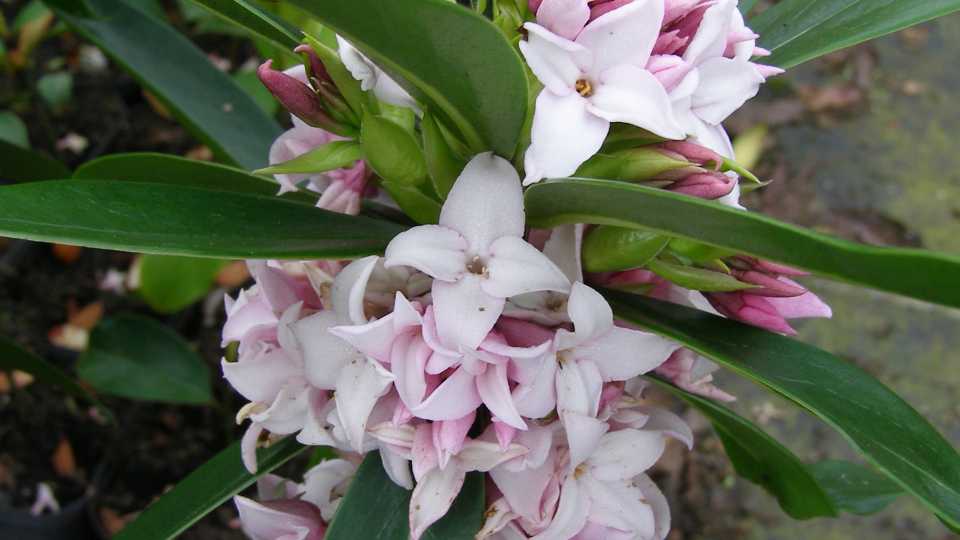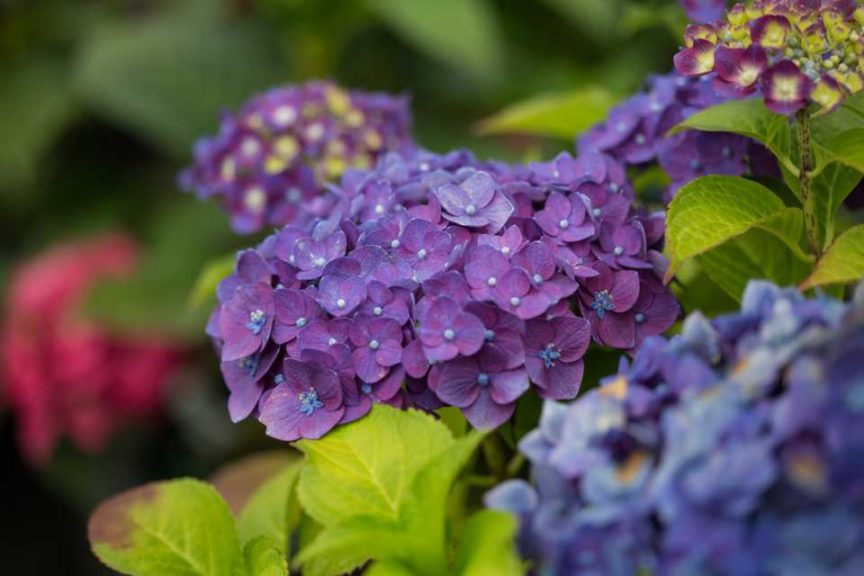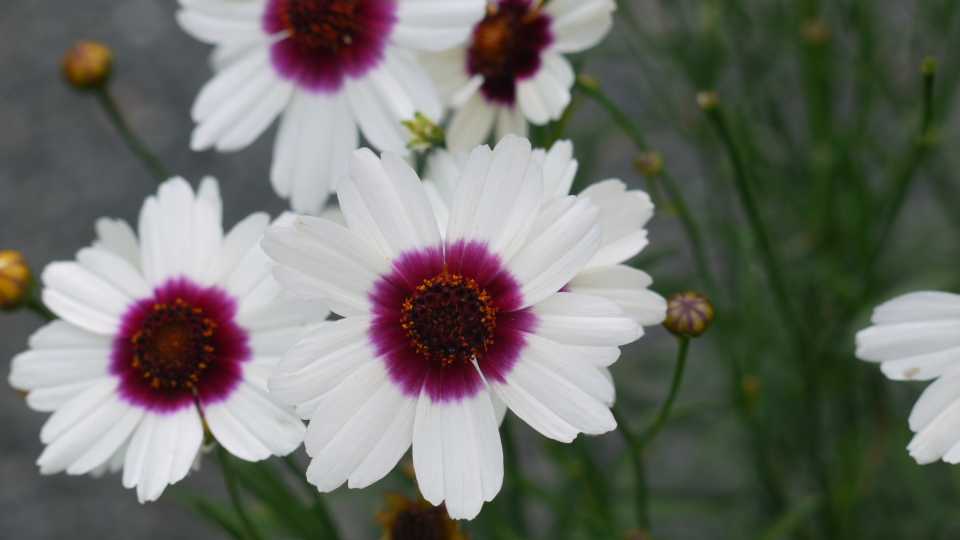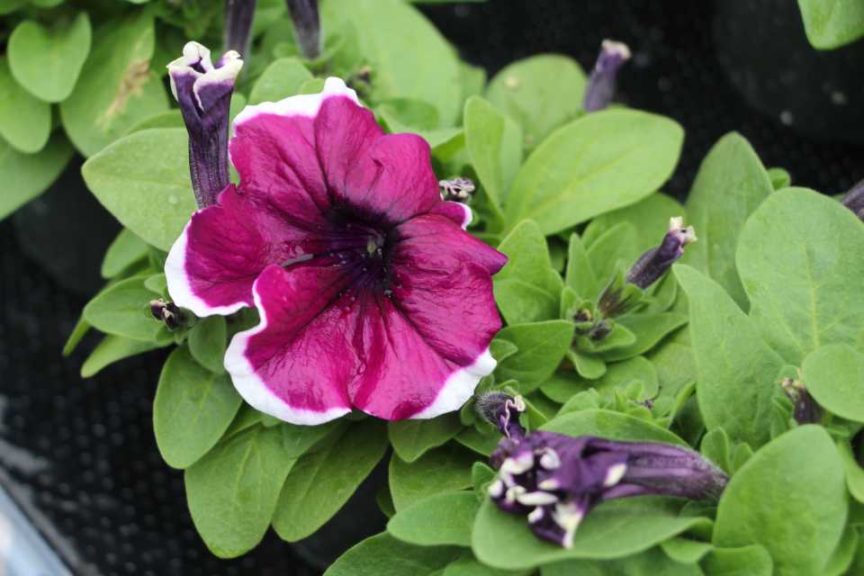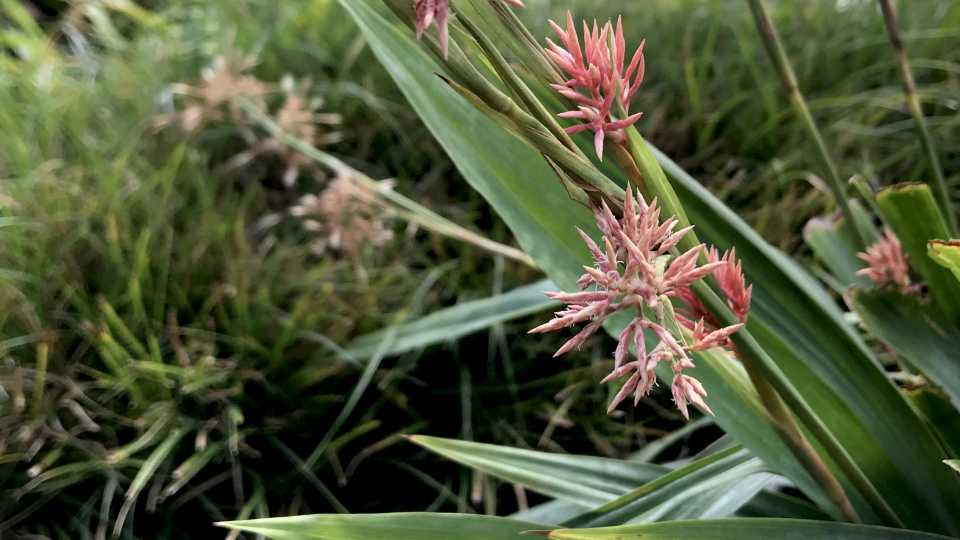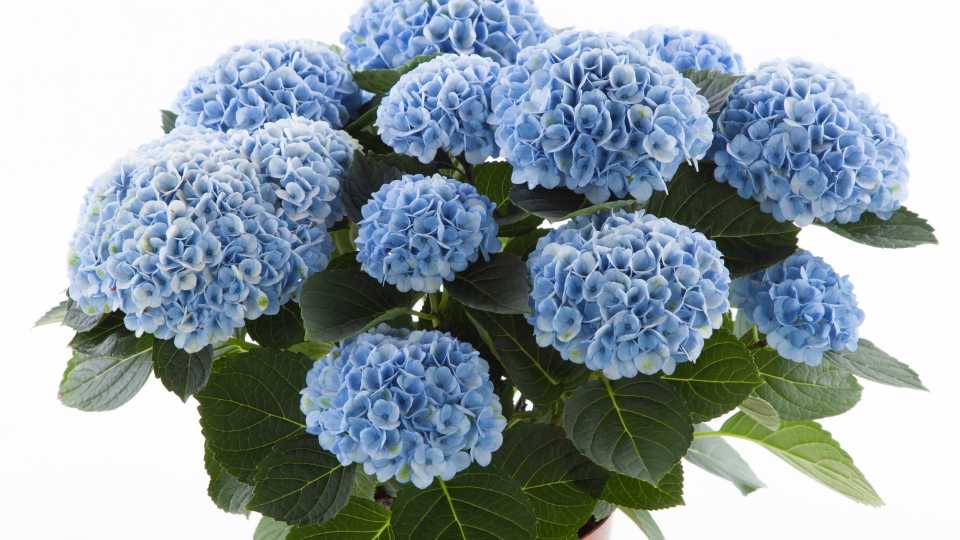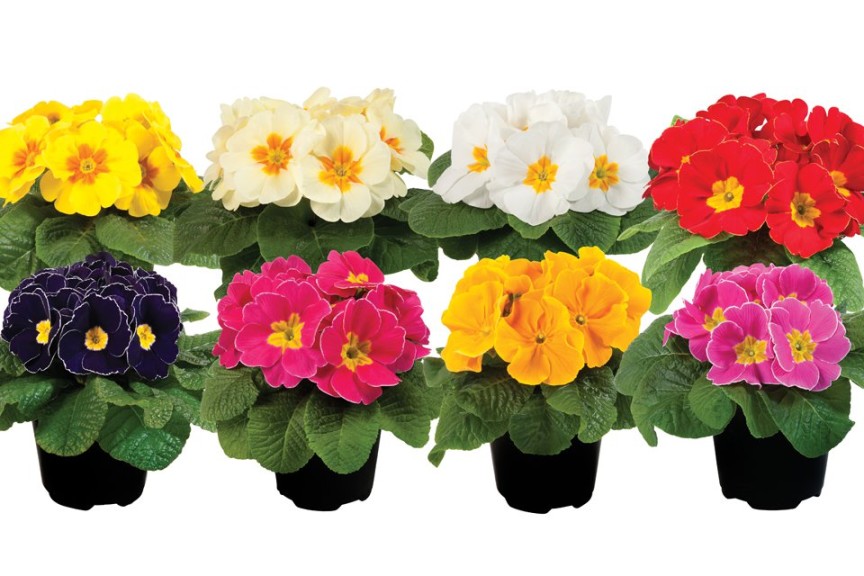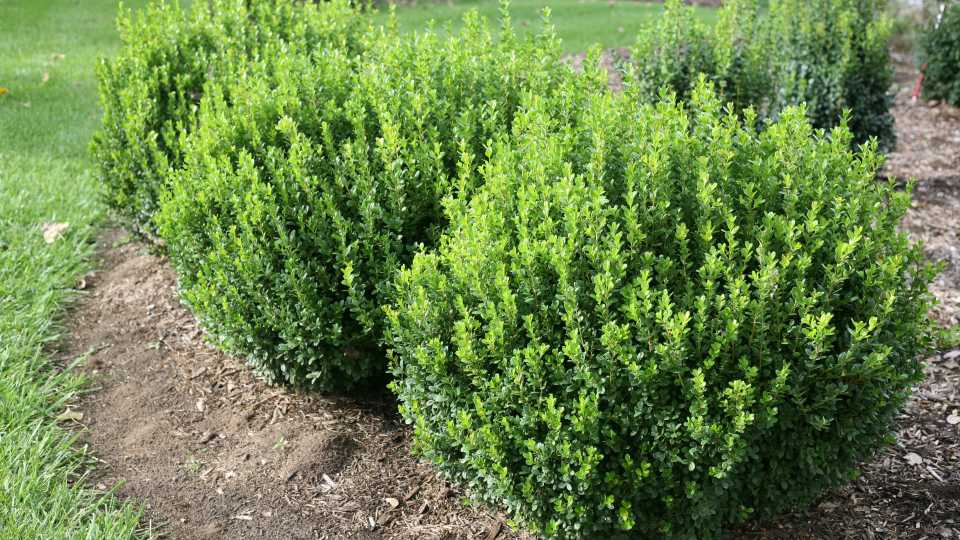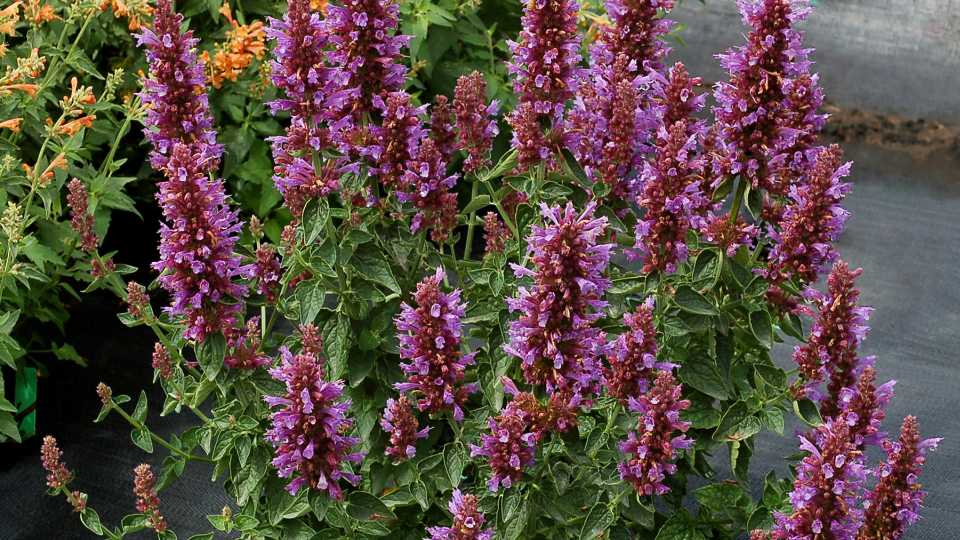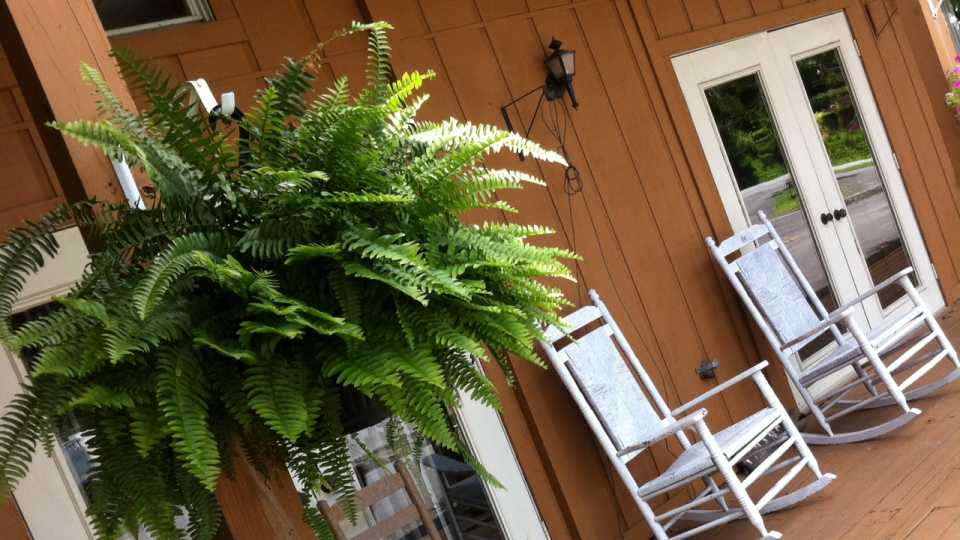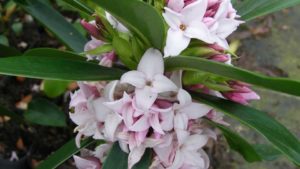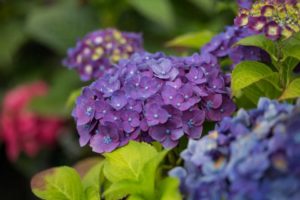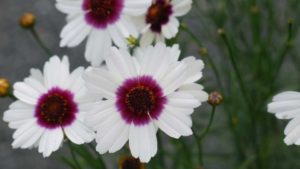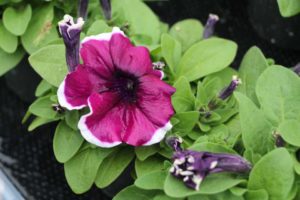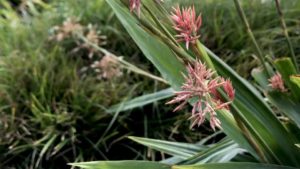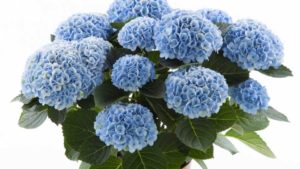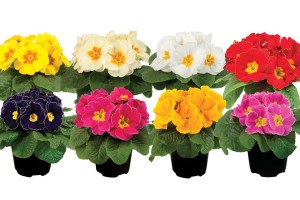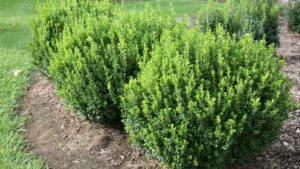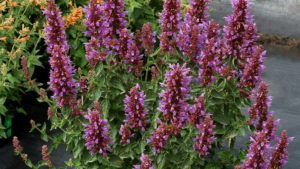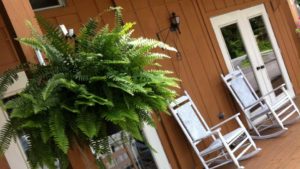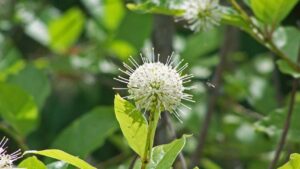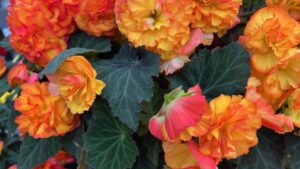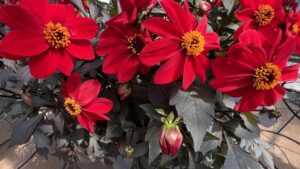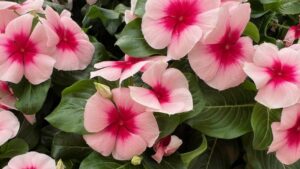Top Picks for Plants to Produce With Limited Labor
As the labor pool tightens, ornamental growers will be hunting for crops that call for fewer inputs, have faster finish times, and require less manpower to produce. Greenhouse Grower thought it would be a good time to ask breeders to put forth their best labor-saving plant varieties and tell us why they think they will help growers produce more efficiently. Here’s what the 10 breeders who responded had to say.
Hem Genetics
“Full-color lines of the dwarf petunias in grandiflora types (Limbo GP) and multiflora types (Mambo GP) exhibit genetic compactness, which normally eliminates the need for the use of plant growth regulators (PGRs) in greenhouse production,” says Hem Genetics’ Barry Ruta. “The elimination of PGR use meant that during production, growers could save money on buying chemicals and save labor on chemical applications.”
Plants Nouveau
“‘Everlasting (or Magical) Revolution’ is the first labor-less hydrangea for the pot market. It only grows to 24 inches tall and needs no pinching,” says Angela Treadwell-Palmer, Founder and Co-owner of Plants Nouveau. “The branches are so strong they require no staking or PGRs.”
Hoffman Nursery
“We are trialing using plant growth regulators for varieties like Carex scaposa and C. plantanginea,” says Hoffman Nursery’s Head Grower Bill Hall. “These varieties do not respond well to pruning. We are hoping for enough height control to render the pruning practice obsolete. This will save labor and allow us to ship a more attractive plant. Early results look promising.”
VitroPlus
“The improved Boston Fern ‘Nevada’ doesn’t shed its leaves that much, so when it is packed for shipping, one doesn’t need to clean the plants as thoroughly as one has to do when one is shipping other Boston Ferns,” says Ellen Kraaijenbrink, who works in Sales and Marketing for VitroPlus.
Emerald Coast Growers
“The newer disease-resistant Coreopsis ‘Satin and Lace Ice Wine’ made a big mark,” says Josiah Raymer, Head Grower and General Manager at Emerald Coast Growers. “If you’re not getting mildew, you’re not spraying as much. You’re getting bigger sell-through and you get that back quickly.”
Schoneveld Breeding
“The Primula acaulis Paradiso series offers early, mid and late varieties that can be used together to space out your crop or independently based on where you are located and time needed,” says Kathy McKay, Area Manager-North America for Schoneveld Breeding. “When a grower wants to ship Primula throughout many weeks, he or she can plant the different timings (early, mid, late) all at once to achieve this plan. This saves time and labor for the grower.”
Spring Meadow Nursery
“We are looking at more fastigiate introductions that require less spacing, as well as plants that are quick to finish and require less pruning, like Buxus ‘Sprinter,’” says Natalie Carmolli, Marketing and PR Specialist for Spring Meadow Nursery. “‘Sprinter’ boxwood is a fast grower, which means quicker turns. It also has good branching, so it needs fewer trims than other varieties to make a nice finished container.”
Terra Nova Nurseries
“I’d recommend the Agastache ‘Poquito Dark Blue,’ says Chuck Pavlich, Director of New Product Development at Terra Nova Nurseries. “It fits perfectly into this category by being naturally disease resistant, self-branching, genetically compact, and drought resistant once established.”
Bailey Nurseries
“Summer Crush is great in propagation because it needs no plant growth regulators. Even a single application of B-Nine is minimal compared to the applications other hydrangeas take,” says Jeff Stoven, who works in the propagation division at Bailey Nurseries’ Yamhill Farm in Oregon. “A container grower will have less pruning than with other H. macrophylla. ‘Summer Crush’ fills the container nicely and doesn’t require as much maintenance as other varieties.”
Anthony Tesselaar Plants
“The hybridizing of D. bholua x D. odora has resulted in ‘Perfume Princess,’ which is a quicker growing, less disease-susceptible version of Daphne odora,” says Judie Brower, Director US Marketing for Anthony Tesselaar Plants. “Growers in the United Kingdom have confirmed that ‘Perfume Princess’ does not suffer the temperamental characteristics that are so common in the Daphne genus, therefore saving time and effort for growers.”





